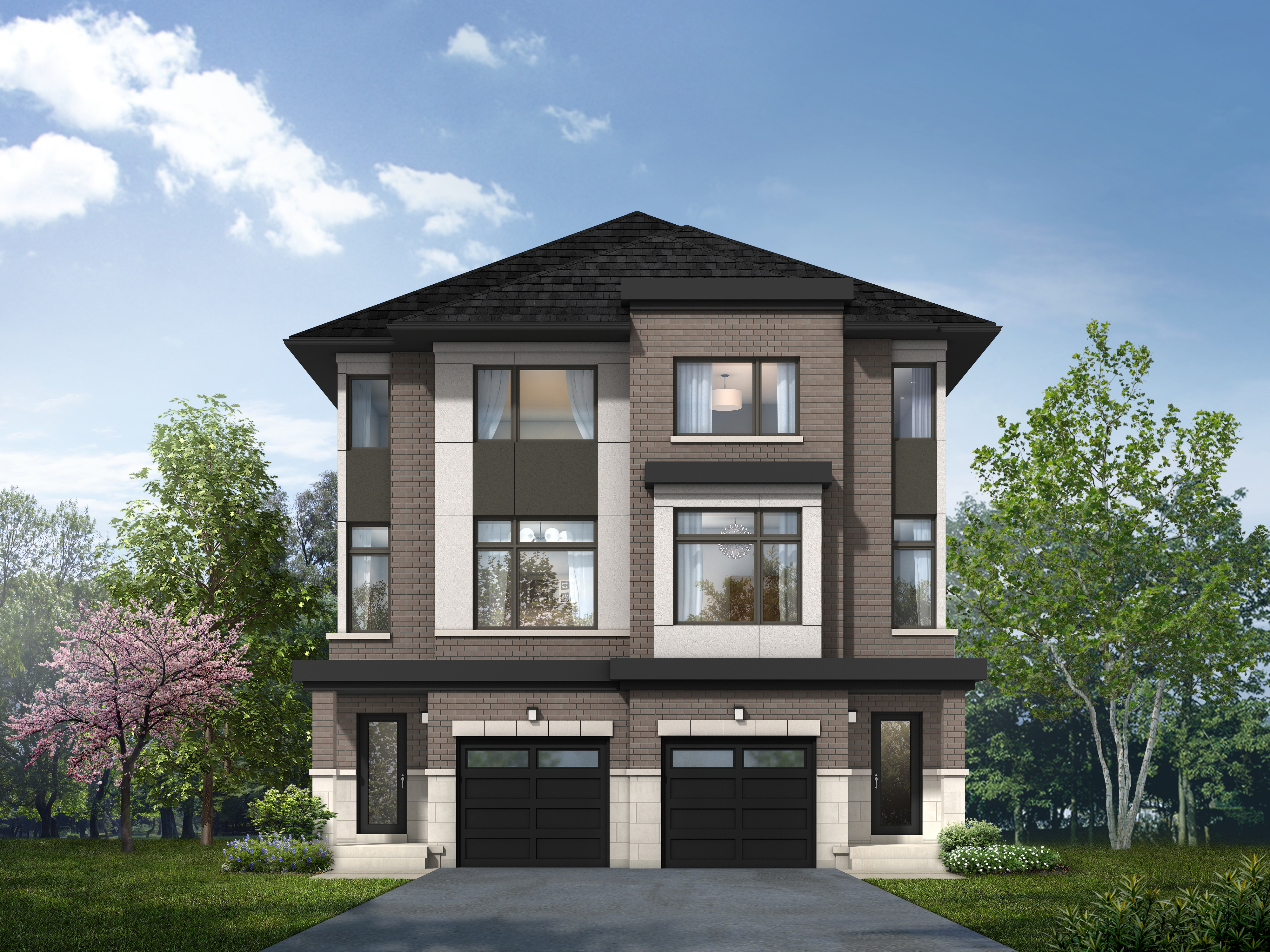Becoming a homeowner is likely to get more costly and competitive over the next decade as millions more Americans enter the age range where people typically seek to buy their first home.
Nearly 45 million Americans will enter their mid-30s over the next 10 years, or 3.1 million more than in the last decade, according to an analysis by real estate information company Zillow.
That potential surge in would-be buyers could drive up demand, pushing prices higher, particularly in the more affordable end of the market. The trend could also mean higher costs for renters.

“If this coming wave of buyers have to compete fiercely for homes to purchase, that could drive up rent prices as well as home values,” says Skylar Olsen, Zillow’s director of economic research.
As it is, first-time buyers in many parts of the country have been struggling to find affordable homes amid a stubborn shortage of properties on the market that’s helped push prices higher.
Nationally, homes priced in the bottom third of the market, the tier most likely to be eyed by first-time buyers, have increased 57.3% in value over the past five years, according to Zillow. At the same time, the inventory of homes in this price range has fallen by 23.2%.
“The potential first-time buyer bulge, without inventory to meet it, suggests that the typical age of first-time buyers will continue to be pushed further and further out,” Olsen says.
The median age of the typical first-time homebuyer is now 34 years old, according to Zillow. There are about 45 million Americans between 24 and 33 who will be turning 34 over the next 10 years. That’s a 7.4% increase from the 41.8 million Americans who turned 34 over the last decade, according to Zillow.
Millennials, which the Pew Research Center defines as people born between 1981 and 1996, are driving this demographic surge. Their generation is bigger than the two generations that preceded it.
Many millennials have had to put off buying a home as they grapple with student loans and rising rents, which make it harder to save up for a down payment. First-time buyers now typicaly need another 1.5 years to save for a down payment than they did 30 years ago, according to Zillow.
More millennials are expected to vie for homeownership as they age, get married and begin having kids. But they’ll have a tougher time finding homes they can afford unless home construction increases and more baby boomers trade in their homes for smaller dwellings in retirement, Olsen says.
“A large set of them are going to find that almost impossible,” she says. “So they’re going to linger in the rental market for longer, they’re going to continue to put pressure on the rental market, too.”














Leave a Reply